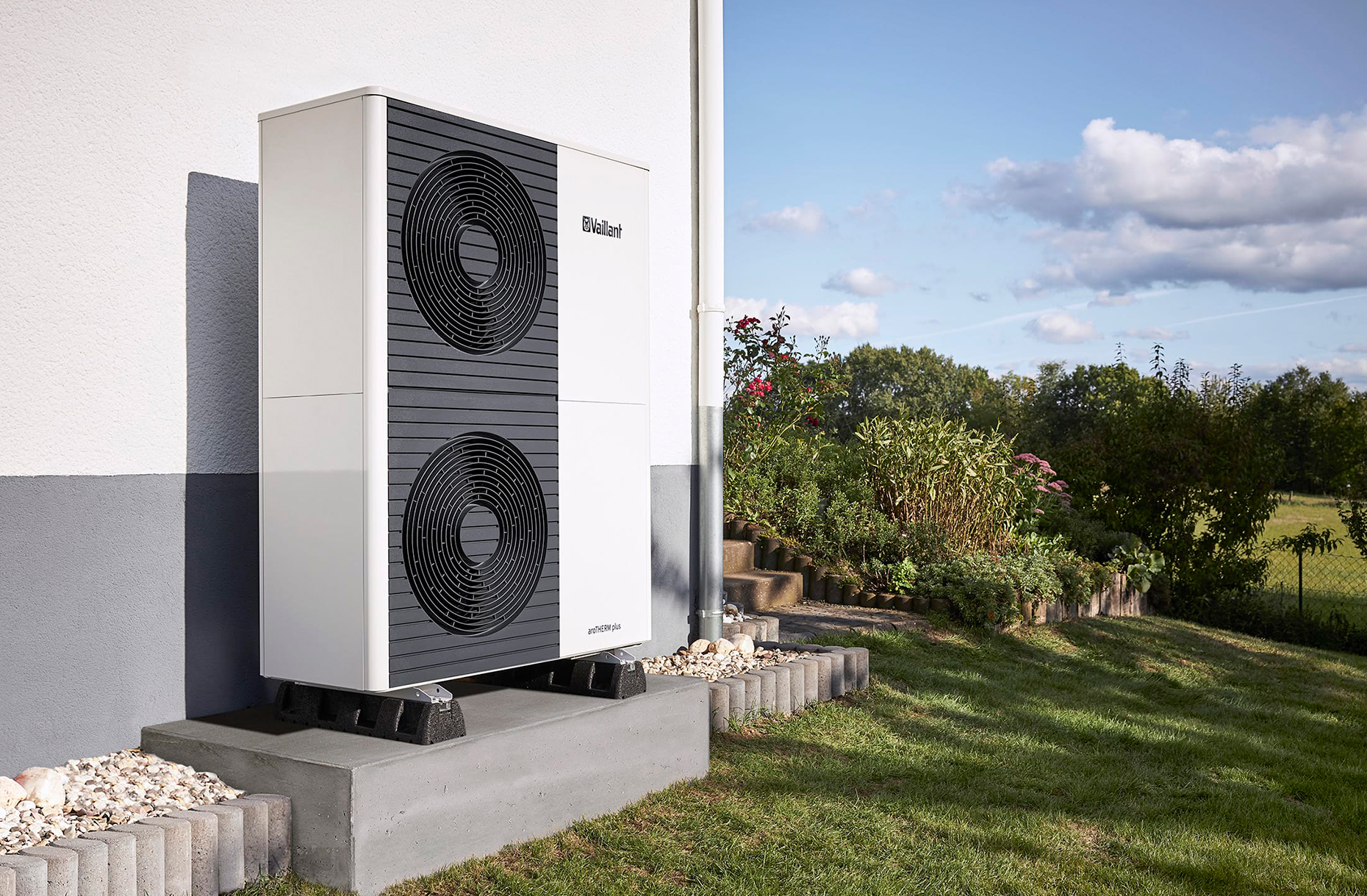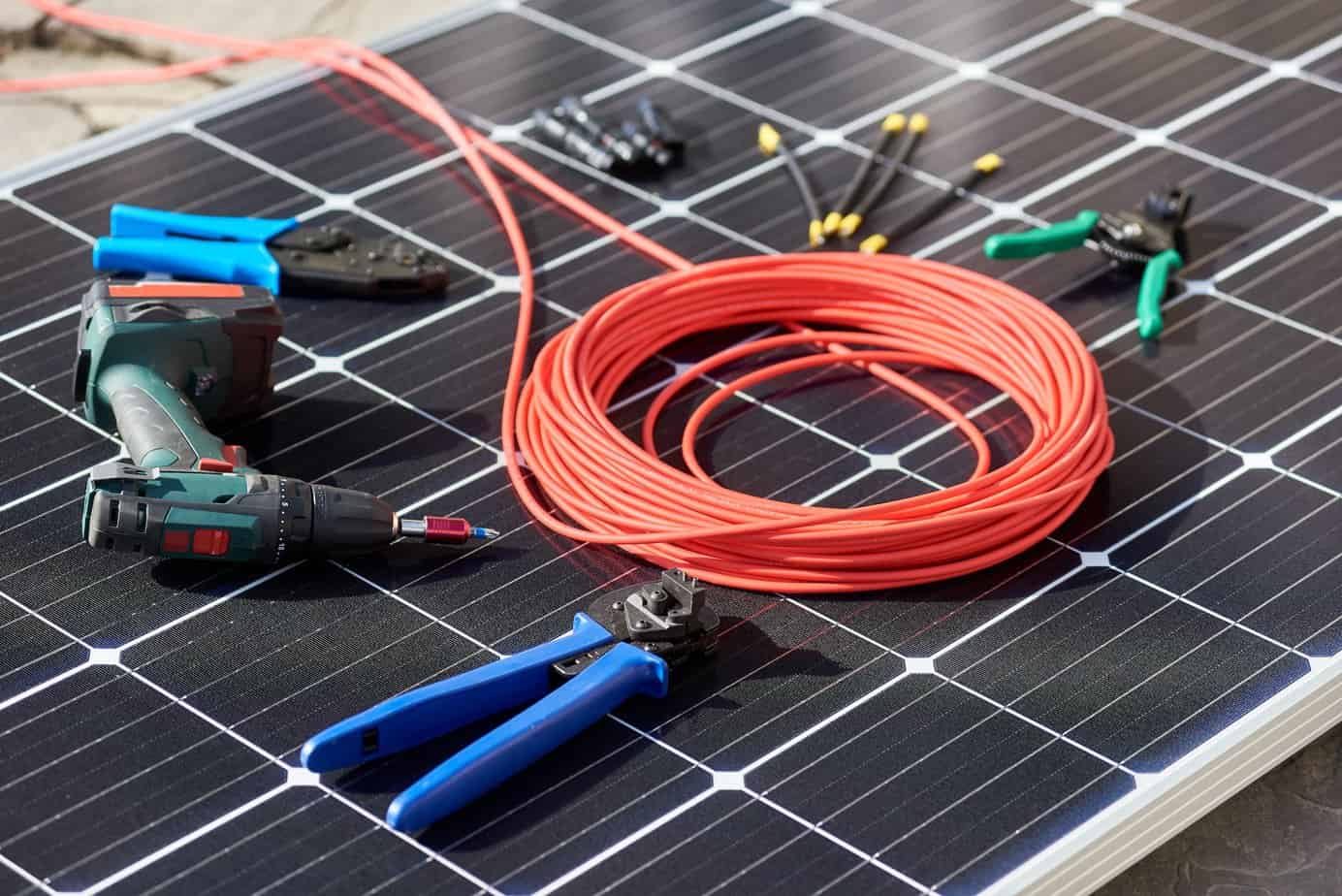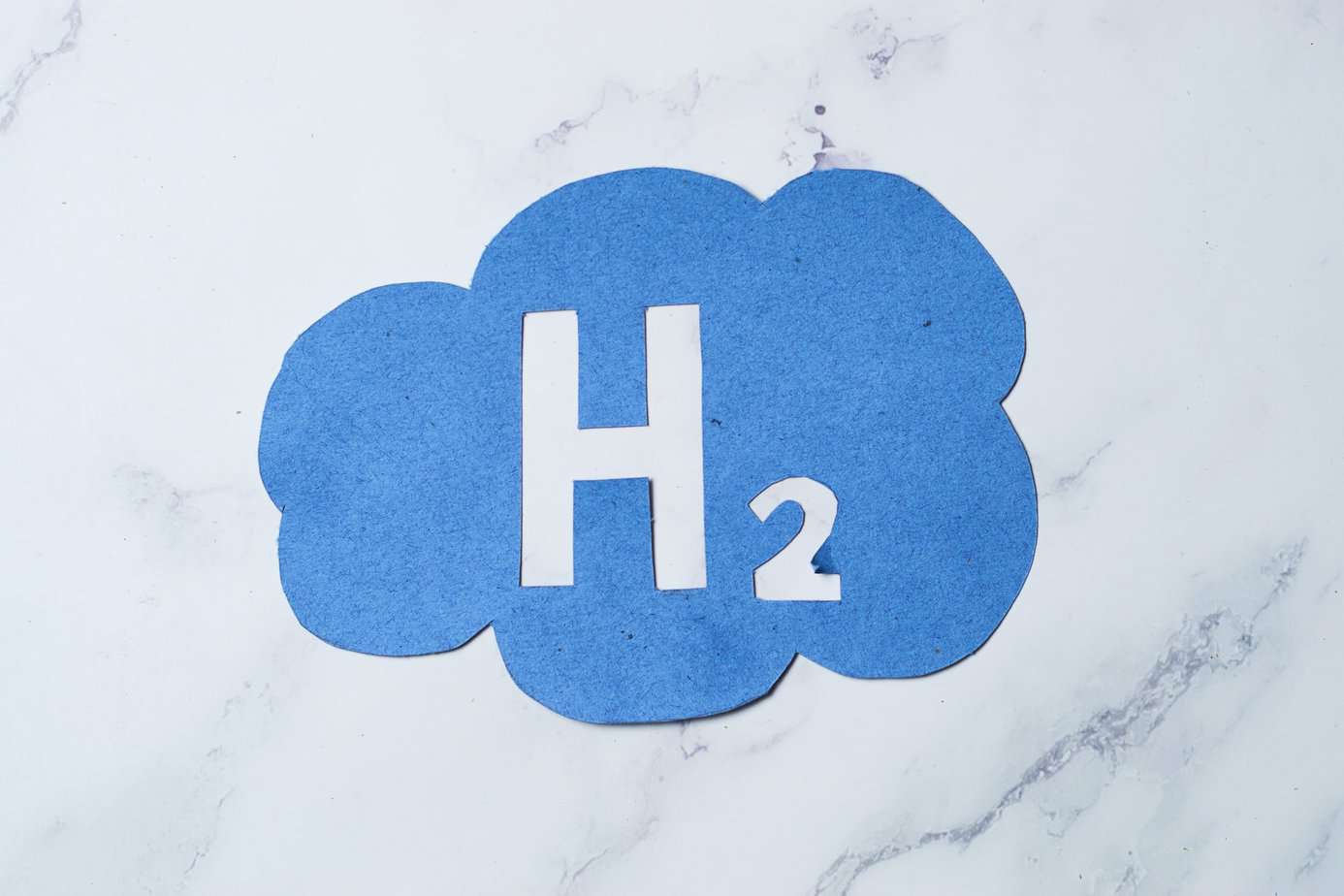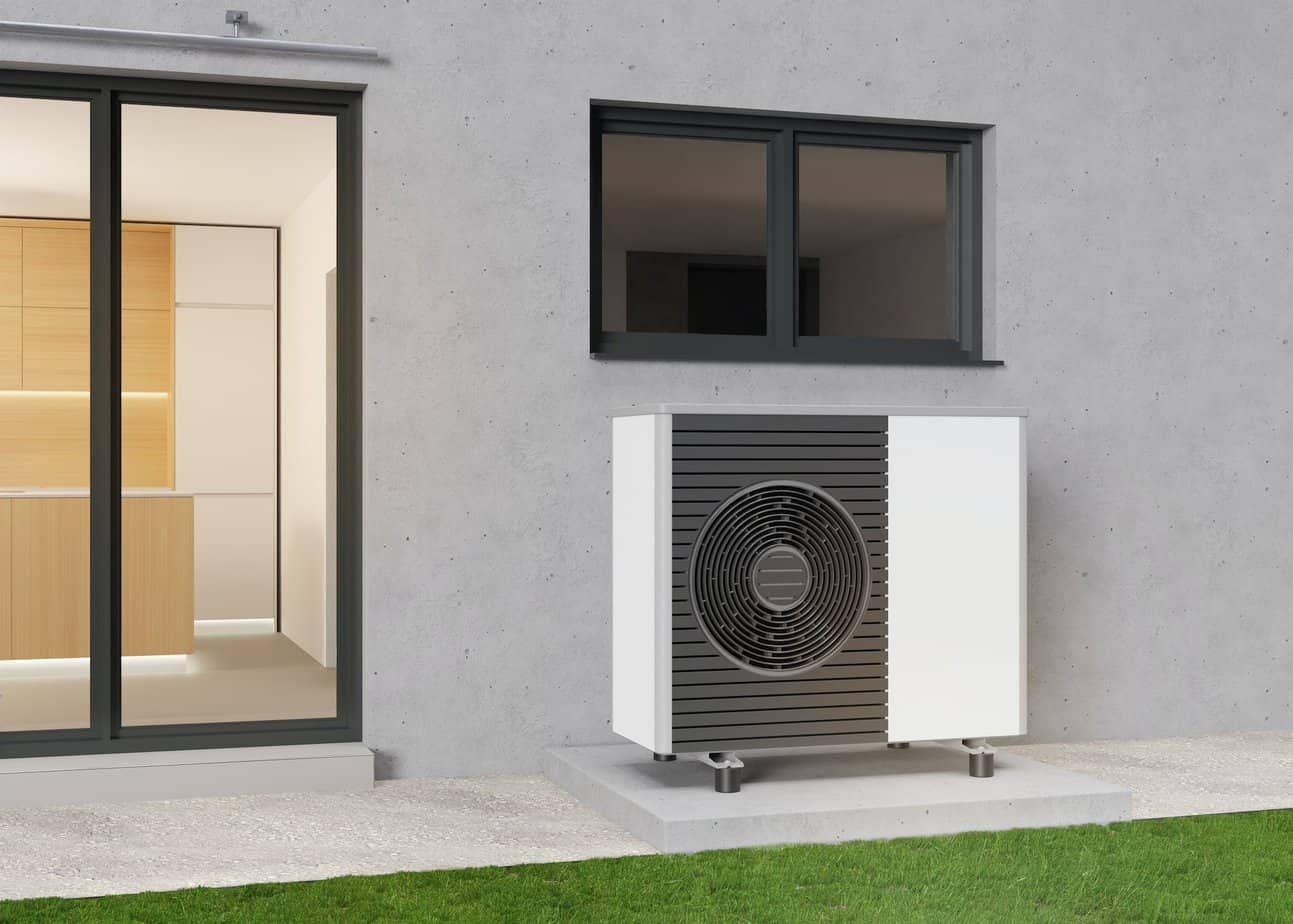Are you having issues with your air source heat pump? Problems with major home appliances spring up from time to time, and as homeowners, we’re often left in the dark as to how to diagnose and remedy the problem.
Like any other heat pump, air source heat pumps can occasionally have problems. Here are some of the most common issues seen with air source heat pumps and some things you can do to avoid those issues in the future.
Lack of Heat Production
Since an air source heat pump’s primary function is to heat your home, you’re bound to notice if it stops working—and fast. While modern heat pumps are designed to last and offer efficient heating, occasionally, problems can arise.
A complete loss of heat production may indicate a problem with the electricity supply to the unit. On the other hand, a loss of electricity could be a minor problem that only requires replacing the plug and fuse, but a qualified electrician should look at the unit first to ensure that this is indeed the case, and there is not a more serious (or dangerous) issue.
A lack of heat production could also indicate that the airflow to the heat exchanger is blocked. Check your unit for damage or debris. If you still can’t find a reason why the unit isn’t producing heat, contact a technician to inspect the unit and troubleshoot the problem.
Frozen Heat Pump
Modern heating units are designed to withstand relatively low temperatures. Still, the efficiency of your unit will depend on several factors, including your home’s location and its height above sea level.
If you live in an area with severely cold and icy temperatures, you must choose an air source heat pump built to withstand said temperatures. Also, if you have heavy snowfall or ice, you may need to check your heating unit frequently and remove excess snow and ice that may block the fan or heat exchanger.
Because the amount of heat an air source heat pump can produce is directly related to the temperatures outside your home, when temperatures drop dramatically, you could see a reduction in heat output. Therefore, it’s a good idea to have a backup heat source in place in case of severely cold temperatures when you have an air source heat pump for your home.
Gas-powered heat sources such as gas fireplaces and other gas heaters can be an excellent backup heating source for severely cold weather. These backup heating sources support the functioning of your air source heat pump so it can work more efficiently when the temperature drops too low.
Excessive Noise
Like an air conditioning unit, air-source heat pumps create a certain noise level when operating. Most people find that this noise is hardly noticeable, but if you live very close to your neighbours, you may be worried about the sound of your heat pump becoming a nuisance.
Modern air source heat pumps have been designed not to be a noise nuisance to your surrounding neighbours. However, if your unit is excessively noisy, there could be a problem.
If the unit is working as intended and still exceeds the recommended noise limits, you may have to consider moving the unit or replacing it with a quieter one.
Problems With the Location of Your Heat Pump
Ideally, your heat pump should be in an open, clear area outside your home to maximize efficiency and prevent the recycling of cold waste air back into the unit. It shouldn’t be too close to your neighbour’s house, and it shouldn’t be too far from your home as the additional pipework needed could result in heat loss.
Some people worry about how the unit will look outside their home. While it’s true that the air source heating units can be large, the modern ones are more streamlined than their predecessors and can be more discreet in appearance.
Taking the time to consider the best location for your heat pump is essential. The ideal location can help ensure that your heat pump can perform optimally while blending in with your home’s exterior aesthetic.
The Importance of Regular Maintenance
Most problems with air source heat pumps are easily preventable with regular maintenance of the units. Keep the outside unit clear of debris and ice, check the connection points regularly to ensure they aren’t damaged or worn, and consider having a technician perform an annual check on the system to keep it running in tip-top shape.
Get Help From the Professionals
If your air source heat pump isn’t working correctly, or if you are thinking about replacing your old heat pump with a more modern and environmentally friendly one, give us a call. Edinburgh Gas & Renewables understands the need for sustainability and innovation in the heating industry.
From air source heat pumps to solar thermal water heating, we have the solutions to help you heat your home without compromising the planet. Contact us today for more information on switching to a more sustainable heating solution that will keep you and your family warm for years to come.



